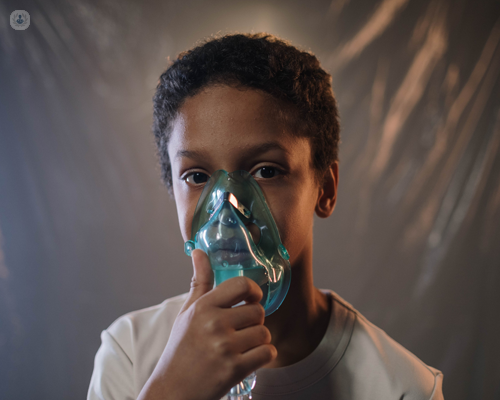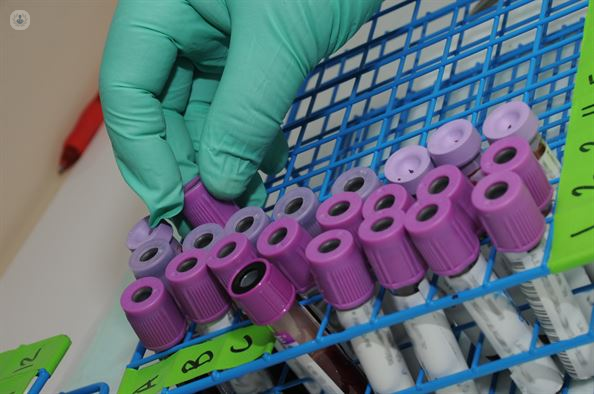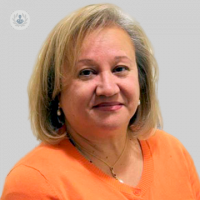Rare diseases
Dr Bushra Al-Rubeyi - Paediatrics
Created on: 12-28-2015
Updated on: 01-04-2024
Edited by: Karolyn Judge
What are rare diseases?
Rare diseases affect less than 0.1 per cent of the population in the UK, according to the GOV.UK website. There are between 5,000 and 8,000 types. The majority of rare diseases have a genetic component and may only affect only a particular group of people in one part of the world, but may affect more in another. A good example of this is cystic fibrosis, which is relatively common in Europe and in those of European descent, but is considered rare in Asia.
Examples of rare diseases include:
Most rare diseases are genetic, which mean they will be present throughout the person’s life (chronic). Many rare diseases appear in childhood or early in life.
What are the symptoms of rare diseases?
Symptoms vary depending on the disease itself, but many rare diseases can be difficult to diagnose as the symptoms correspond to other more frequently experienced conditions. Symptoms can also vary from patient to patient. This misdiagnosis can lead to delays in treatment.
What are the causes of rare diseases?
The exact causes of these diseases are not known, although it is estimated that 80 per cent of rare diseases are of genetic origin.
What is the treatment for rare diseases?
Medication for rare diseases is constantly in development. ‘Orphan drugs’ are medications which are specifically developed to treat a rare medical condition. It should be noted that they are effective only in 10 to 15 per cent of rare diseases, and do not serve to cure them, but to control them or delay their appearance.
Are rare diseases genetic?
Around 80 per cent of rare diseases are genetic, and it's estimated that 70 per cent begins in childhood.

What specialist treats rare diseases?
Rare diseases are treated by different specialists based on the area of the body the disease affects. However, many of Top Doctors' paediatric specialists are able to treat rare diseases, because many rare diseases start in childhood, alongside internal medicine consultants.

